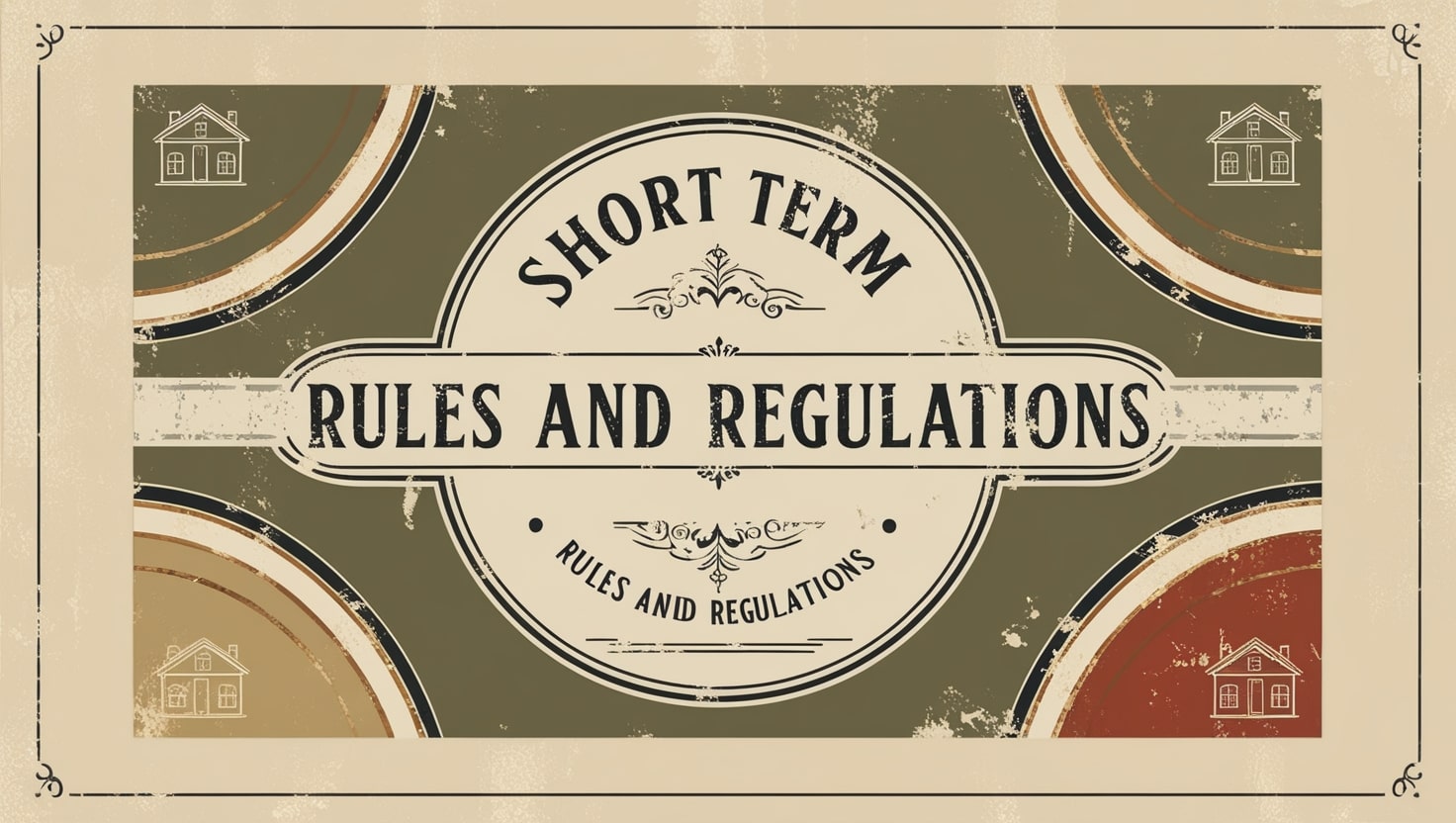Philadelphia, United States Airbnb Rules & Regulations
Last updated on: 4th July, 2025


Last updated on: 4th July, 2025

In Philadelphia, regulations governing Airbnb and short-term rentals are designed to balance the benefits of such rentals with the needs of the local community. As of 2024, operators must navigate a comprehensive set of licensing, tax, and zoning requirements to legally run short-term rentals, which include those listed on platforms like Airbnb and Vrbo.
Licensing Requirements: 1. Commercial Activity License (CAL): All operators must first obtain a CAL, a free license allowing them to conduct business in Philadelphia. 2. Limited Lodging Operator License: Required for operators renting their primary residence for short stays (less than 180 days annually). 3. Rental License: Necessary for those leasing non-primary residences; it typically requires dangerous inspections by the Department of Licenses & Inspections.
Tax Responsibilities: Short-term rental hosts are subject to several taxes: - Hotel Tax: 8.5% on the rental price, collected from guests and remitted to the city. - Business Income and Receipts Tax (BIRT): This includes a gross receipts portion and a net income portion, with specific rates applying to both. - Net Profits Tax: Applicable for those classified as businesses under Philadelphia law, impacting net income.
Zoning Regulations: Operators must ensure their properties comply with local zoning codes, which categorize areas according to allowed land uses. Primary residences are generally eligible for short-term rental operations, while non-primary residences located in commercial zones may also apply, but require different licensing.
Operational Standards: Properties must adhere to health and safety standards, including installing smoke detectors and carbon monoxide alarms, maintaining cleanliness, and ensuring compliance with noise ordinances to preserve community integrity.
Enforcement and Compliance: The city actively monitors compliance with regulations, with penalties for violations that can include significant fines. Operators have the right to appeal violations through a structured process.
Support and Resources: For assistance, hosts can use the City of Philadelphia’s Permit and License Center and participate in workshops to better understand their obligations.
Overall, compliance with these regulations is essential for legal operation within the growing short-term rental market in Philadelphia, aiming to foster a balance between tourism and the interests of local residents.